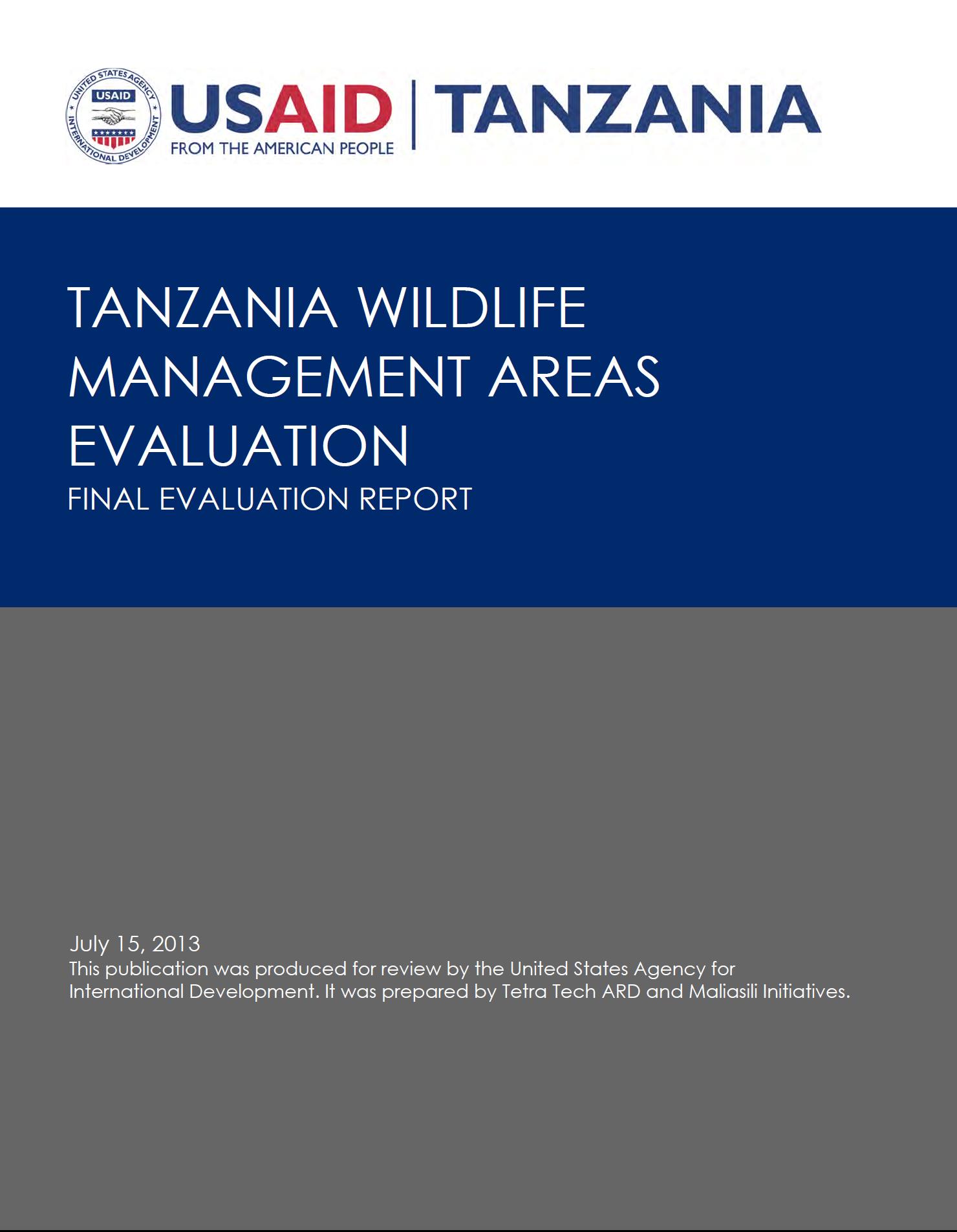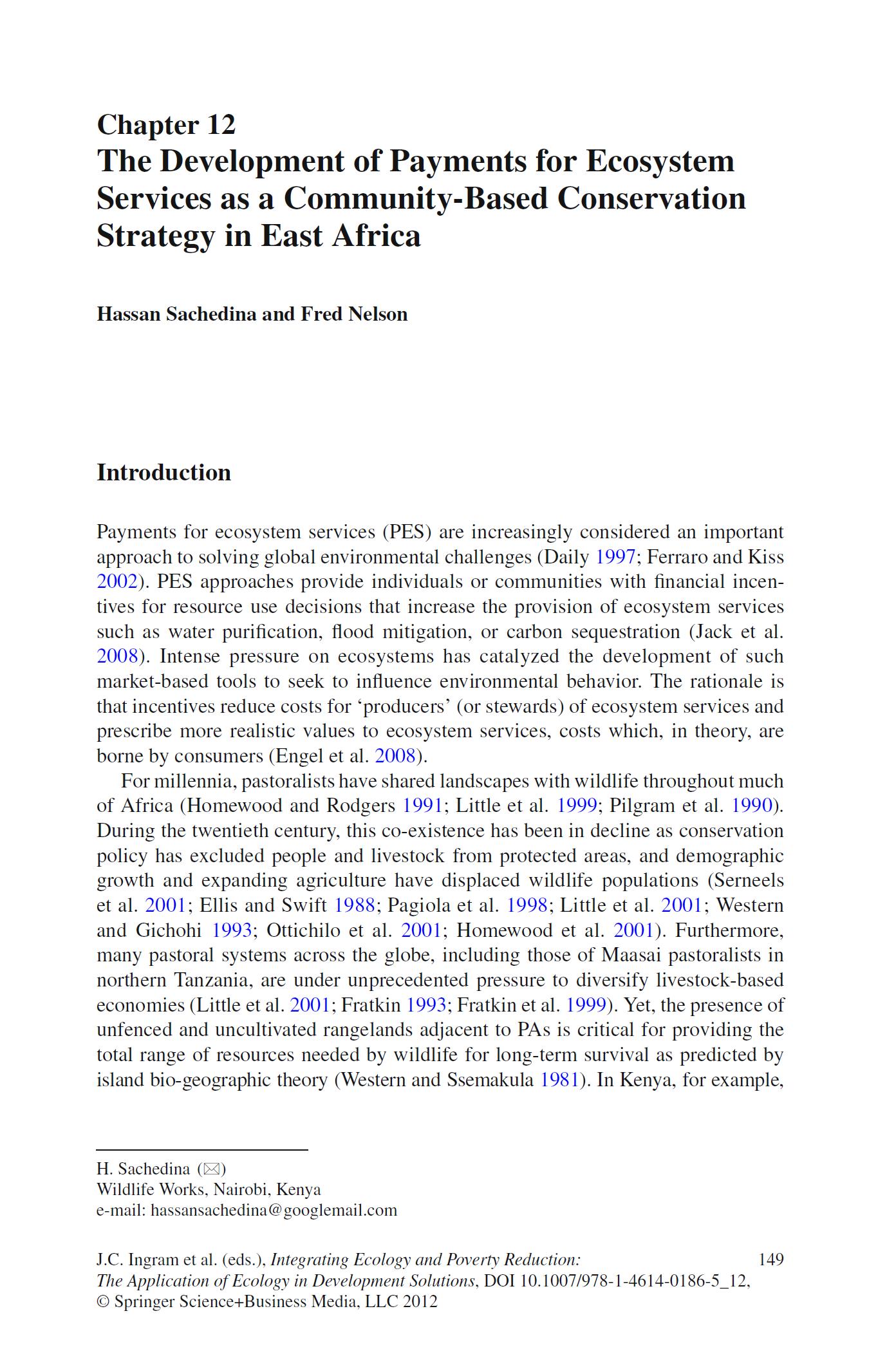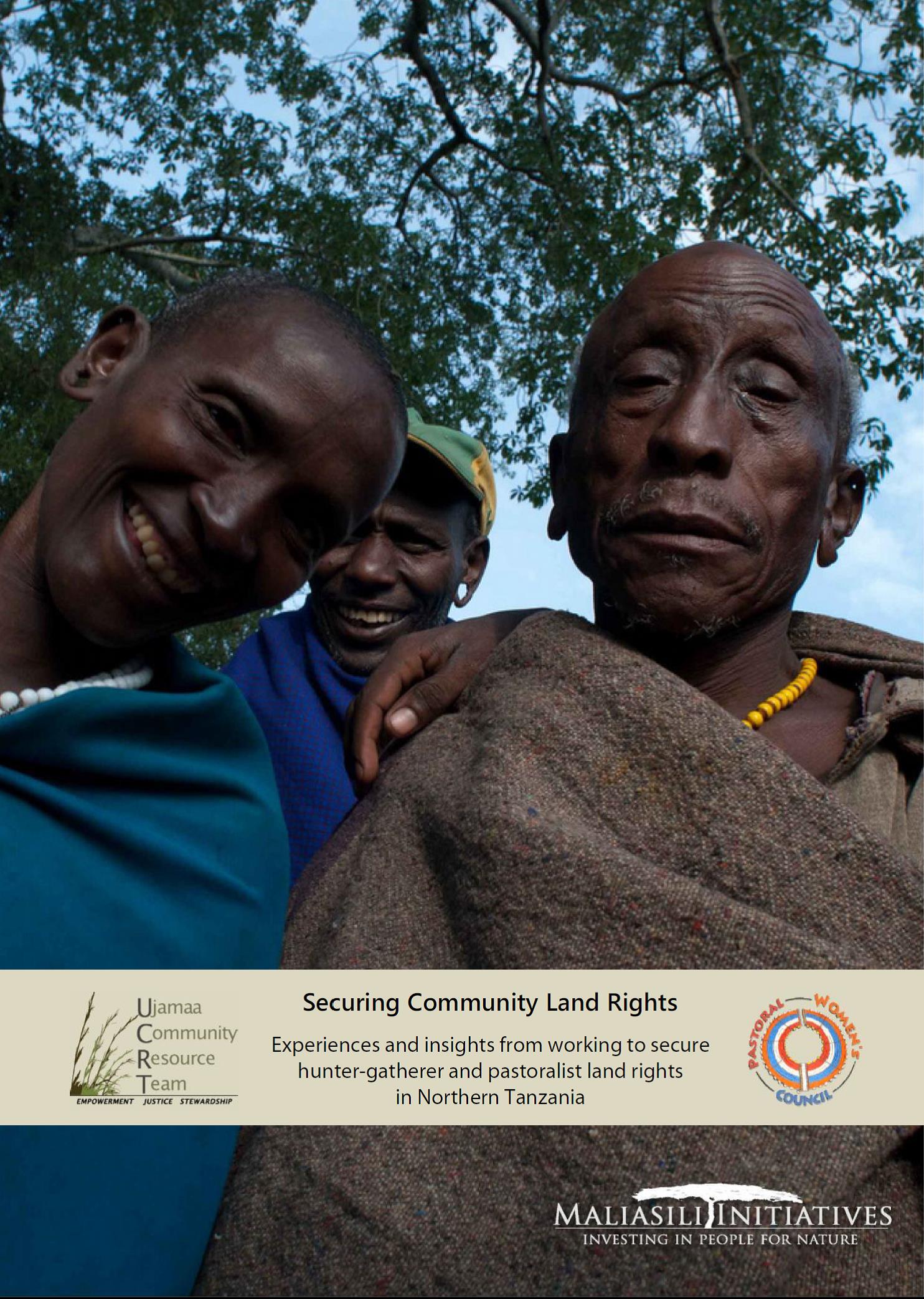Focal point
Location
Maliasili Initiatives is a non-profit organization that supports the growth, development and performance of leading civil society organizations working to advance sustainable natural resource management practices in Africa.
Members:
Resources
Displaying 21 - 25 of 37‘Land grabbing’: is conservation part of the problem or the solution?
Large-scale land acquisitions are increasing in pace and scale, in particular across parts of Africa, Asia and Latin America. Weak governance and poor land use planning mean that commercial ‘land grabs’ often damage biodiversity as well as dispossessing people from customary rights and livelihoods. Land can also be ‘grabbed’ for ‘green’ purposes, triggering conflicts that undermine potential synergies. Expanded state protected areas, land for carbon offset markets and REDD, and for private conservation projects all potentially conflict with community rights.
‘Land grabbing’: is conservation part of the problem or the solution?
Large-scale land acquisitions are increasing in pace and scale, in particular across parts of Africa, Asia and Latin America. Weak governance and poor land use planning mean that commercial ‘land grabs’ often damage biodiversity as well as dispossessing people from customary rights and livelihoods. Land can also be ‘grabbed’ for ‘green’ purposes, triggering conflicts that undermine potential synergies. Expanded state protected areas, land for carbon offset markets and REDD, and for private conservation projects all potentially conflict with community rights.
Tanzania Wildlife Management Areas Evaluation
The increasing importance of the Wildlife Management Areas (WMAs) in Tanzania, where 17 WMAs are now functioning and 22 others are in various stages of development, begs the question of what successes have been achieved and what challenges remain to be addressed if this Community-Based Conservation model is to be sustained and even scaled up. There has not been a country-wide evaluation of WMAs since the pilot-phase evaluation in 2007 at a time when most WMAs were too new to yield firm projections for the long term.
The Development of Payments for Ecosystem Services as a Community-Based Conservation Strategy in East Africa
This paper explores the development of a pilot PES scheme in the Tarangire ecosystem of Tanzania in response to specifi c wildlife declines and policy constraints. It charts the development of this initiative from its genesis based on PES experiences in Kenya. This paper specifi cally explores the questions of whether the utilization of free-market enterprise tools to achieve conservation goals infl uences Maasai livelihood diversifi cation in ways that are compatible with conservation.
Securing Community Land Rights
In this publication two pioneering grassroots organisations from northern Tanzania examine and present their experiences and insights from their long-term work to secure the land rights of hunter-gatherer and pastoral communities. The case studies were presented at a one-day learning event held on 5th October 2012, when Pastoral Women’s Council (PWC) and Ujamaa Community Resource Team (UCRT) joined together to share and reflect on their work to secure land rights, to learn from each other, and to identify ways to build on their achievements moving forward.





